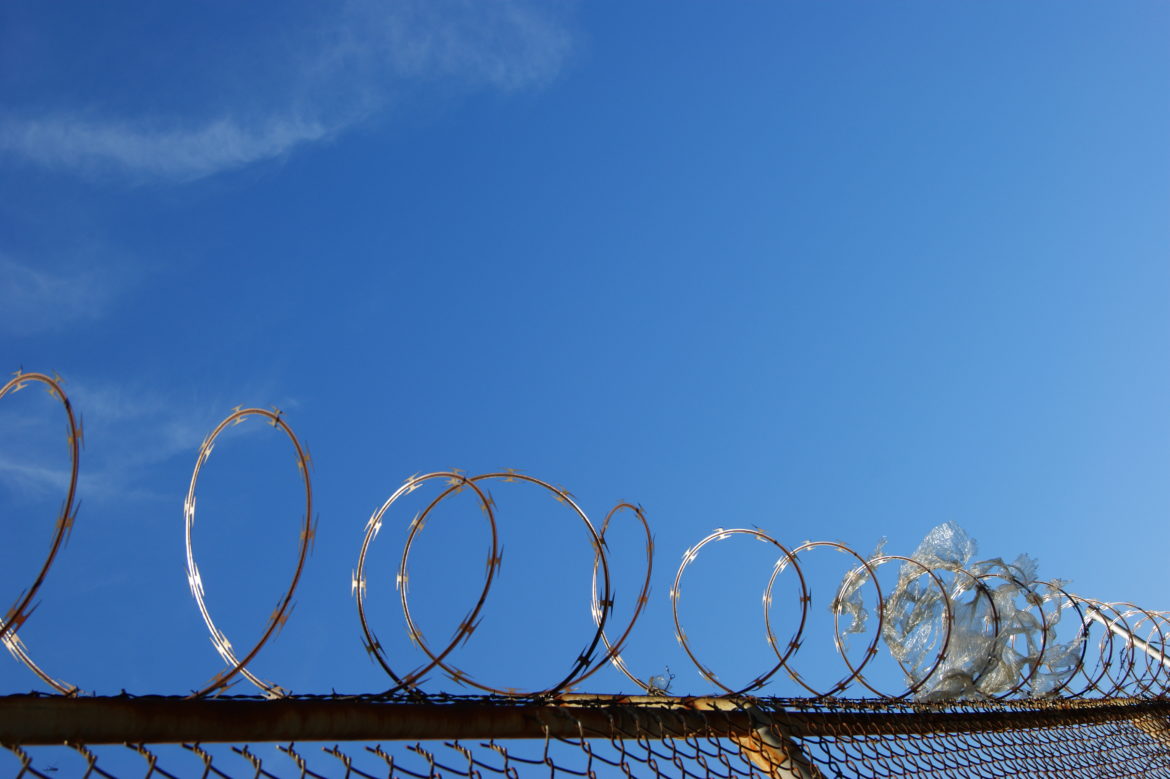Incarcerated Workers are Exploited ‘Captive Labor’: ACLU
In a new report, the American Civil Liberties Union says prisons are benefiting hand over fist from incarcerated labor, which produces more than $2 billion in goods and $9 billion in prison maintenance services.

Most incarcerated workers—more than 76 percent of those surveyed by the Bureau of Justice Statistics—are required to work or will face repercussions from their prison ranging from losing privileges to punishments like solitary confinement.
Despite that requirement, the vast majority of prisoners cannot afford basic necessities like soap or other hygiene products or medical care with wages earned from prison labor, according to a new report on incarcerated workers.
Captive Labor: Exploitation of Incarcerated Workers, a new report issued on June 15 by the American Civil Liberties Union (ACLU), says families with an incarcerated loved one spend $2.9 billion a year to financially support their family members in prison
The report notes that many prisons charge for everything from phone calls to soap or basic medical care. Incarcerated workers may make nothing at all, and those states with set minimum wages range from one to five cents per hour with workers making on average between 13 and 52 cents, with the majority of even that small wage going to government fees paid back to the prison or court.
Most prison work isn’t skill building or marketable to new employers after release, either. Access to vocational training programs is limited — only a fifth of incarcerated people participate in vocational programs, and the rest, around 700,000 inmates are left will lower-paid work with non-transferrable skills. UNICOR, a program from Federal Prison Industries that offers higher wages and boasts about assisting offenders in “learning the skills necessary to successfully transition from convicted criminals to a law-abiding, contributing members of society,” has a waitlist of 25,000 people.
Waitlists for vocational programming in states across the country can climb into the thousands, with need far outpacing inmate numbers.
At the same time, prisons are benefiting hand over fist from incarcerated labor: the ACLU placed that value production at more than $2 billion in goods and $9 billion in prison maintenance services.
“We are saving [the prisons] millions of dollars and getting paid pennies in return,” inmate Latashia Millender told the report’s authors.

 Landwebs
Landwebs 



















